Dental implants have revolutionized the field of restorative dentistry, offering a durable and aesthetically pleasing solution for missing teeth. However, the success of dental implants hinges significantly on the health of the jawbone. Understanding why jawbone health is crucial and what options exist if an area of the jawbone is not healthy is essential if you are considering dental implants.

The Role of Jawbone in Dental Implants
The jawbone serves as the foundation for dental implants. Here’s why its health is vital:
Stability and Support: Dental implants function as artificial tooth roots, which are surgically inserted into your jawbone. A healthy jawbone provides the necessary stability and support for these implants, ensuring they remain securely in place.
Osteointegration: This is the process where the bone grows around the implant, integrating it into the jaw. A healthy jawbone facilitates successful osteointegration, which is critical for the long-term success of the implant.
Longevity of Implants: A robust jawbone helps in distributing the forces exerted during chewing evenly, reducing the risk of implant failure. A weak or deteriorated jawbone can lead to complications and even implant failure.
Assessing Jawbone Health
When determining the health of your jawbone for dental implants, Dr. Scharf evaluates several factors:
Bone Density and Volume: Using imaging techniques like X-rays and CT scans, Dr. Scharf assesses the density and volume of your jawbone. Sufficient bone mass is essential for supporting an implant.
Bone Quality: The quality of your bone, including its density and structure, is so important. High-quality bone promotes better integration with the implant.
Gum Health: Healthy gums are essential for the overall success of the implant. Periodontal disease can compromise gum health and, subsequently, the underlying bone.
Bone Loss: Dr. Scharf checks for any signs of bone loss, which can occur due to prolonged tooth loss, infections, or other dental conditions.
Dr. Scharf will evaluate all of these factors to determine if you are a candidate for dental implants. If any of these factors are less than ideal, don’t worry, there are still options. Let’s talk about some of those.
Options for Dental Implants with Compromised Jawbone
If an area of your jawbone is not healthy or lacks sufficient volume for an implant, several options are available:
Bone Grafting: This is the most common procedure for addressing insufficient bone. Bone grafting involves adding bone material to the deficient area, which helps regenerate and strengthen the jawbone. The graft can be sourced from your own body, a donor, or synthetic materials.
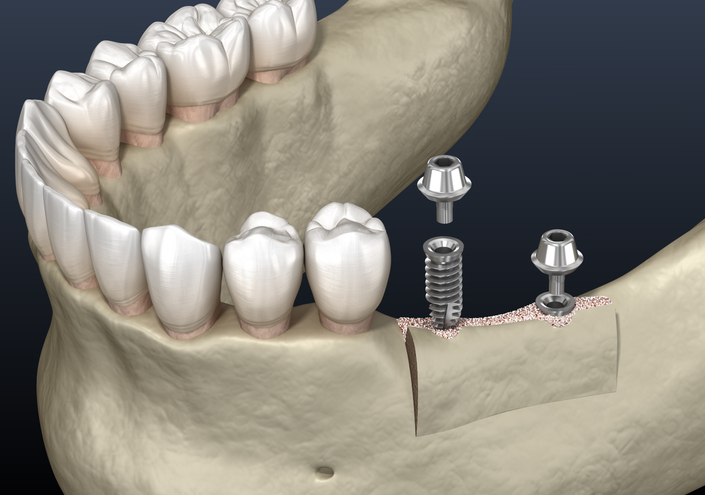
Sinus Lift: If you need implants in the upper jaw, a sinus lift might be necessary if the bone height is insufficient. This procedure involves lifting the sinus membrane and placing a bone graft to increase bone volume in your upper jaw.
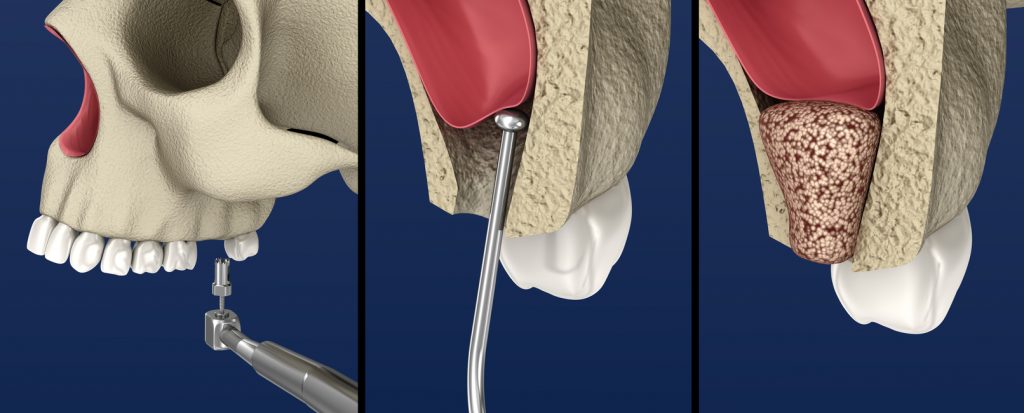
Ridge Expansion: Dr. Scharf can perform a ridge expansion if your jaw is too narrow to support implants. This involves splitting the existing bone and adding bone graft material to create a wider base for the implant.
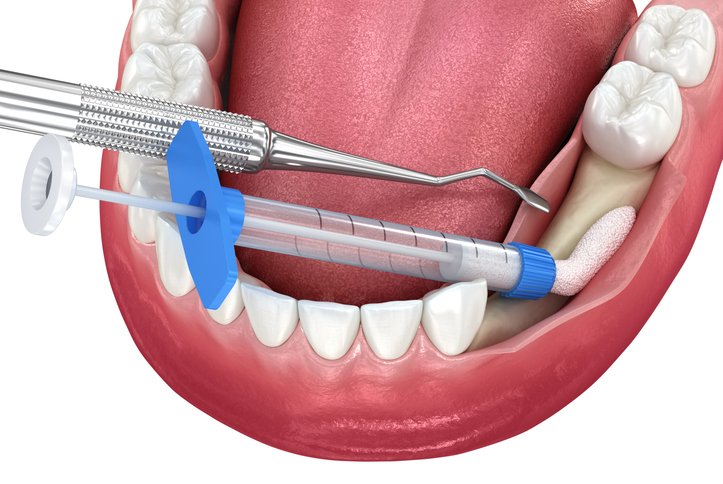
Alternative Implants: In some cases, short or mini dental implants can be used. These implants require less bone and can be a viable option if you have moderate bone loss.
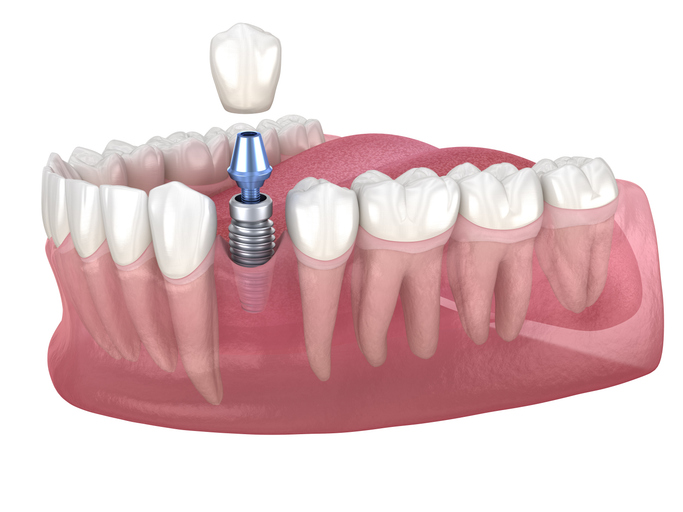
Zygomatic Implants: This type of implant may be an option for severe cases of upper jawbone loss. These longer implants anchor into the zygomatic bone (cheekbone) rather than the jawbone.
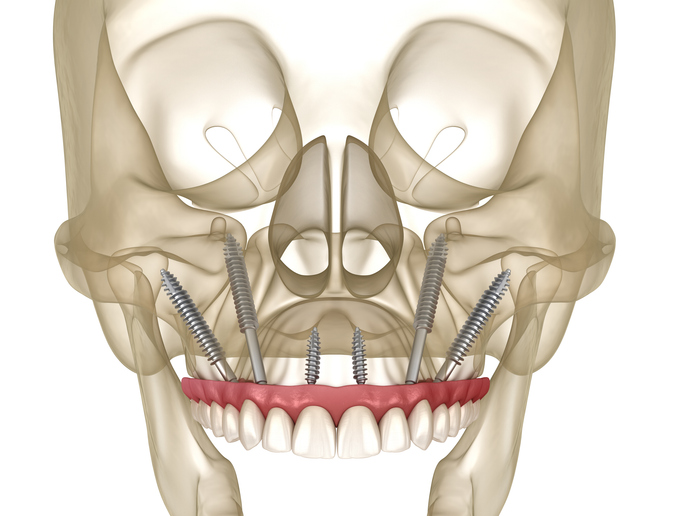
Dr. Scharf will thoroughly evaluate your gums and jawbone and ask questions about your dental hygiene habits, medications you are taking, and anything else he needs to know that may affect the success of the dental implants. There are always options to improve your smile and many options to be a candidate for dental implants.
Takeaways
The health of the jawbone is a fundamental factor in the success of dental implants. Ensuring that the jawbone is in optimal condition is essential for stability, integration, and the longevity of the implants. If you have a compromised jawbone, modern dentistry offers several advanced procedures to rebuild and enhance bone structure, making dental implants a feasible option. Consulting with a skilled periodontist like Dr. Scahrf is the first step toward understanding your bone health and exploring the best solutions for your dental implant needs. Schedule a consultation today!

Schedule your dental implant consultation today!
Dr. Scharf is here to provide personalized care and guide you through every step of the process. Don’t wait—schedule your appointment now and take the first step towards a healthier, happier smile.
